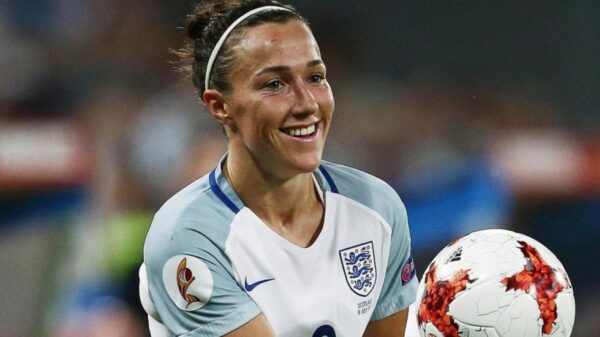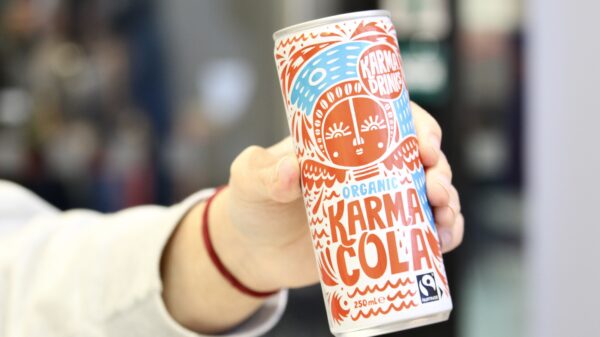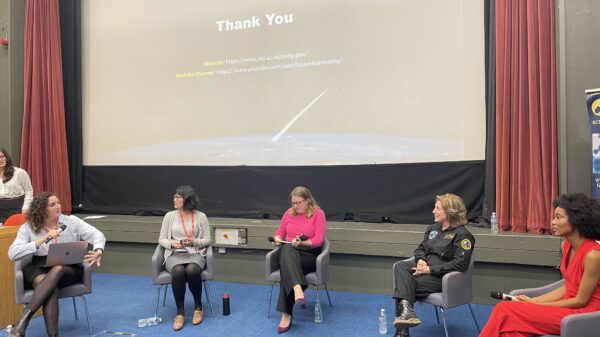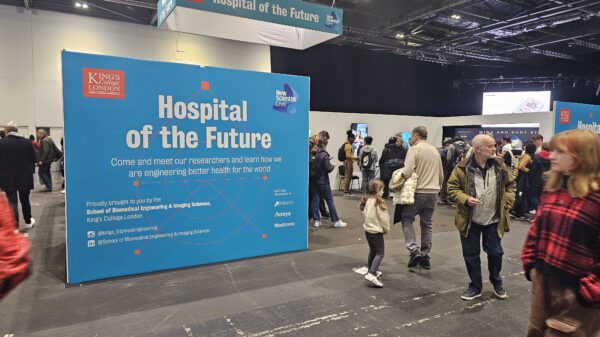In an unforeseen news article posted on 30 March, KCL announced that as of the start of 2021, the College “has fully divested from all fossil fuels” nearly two years ahead of the target of the end of 2022. This goal was first endorsed in 2016.
The statement continued: “Since making a commitment to our full divestment target in 2017, we have steadily reduced our exposure to fossil fuels from 7.3 per cent in 2017 to zero in 2021. Our journey towards divestment has been guided by calls from our students and staff for King’s to take action. We formed the Socially Responsible Investment Review Committee following the Fossil Free KCL campaign in 2016 and made a commitment to partial divestment and full divestment the following year.
“As an institution that is committed to acting in service to society, we recognise that maximising our positive impacts is as important as reducing our negative impacts. Reinvesting our endowment in funds with socially responsible benefits is therefore an important part of our Ethical Investment Policy.”
Professor Evelyn Welch, Interim Principal and Provost (Arts & Sciences), said: “I am delighted to announce that King’s has fully divested from fossil fuels, two years in advance of our original target. This is a remarkable collective achievement and demonstrates our commitment to taking climate action. This is all part of our mission of being in service to society and ensuring a positive future for our university and our shared planet”.
Victoria Turner, chair of the KCLSU Sustainability Committee, told Roar: “Regarding the divestment news I think it’s a huge achievement to have fully divested from fossil fuels ahead of schedule and brings King’s in line with other institutions practicing sustainable finance. This achievement is testament to the student and staff groups that campaigned or helped facilitate this divestment. The milestone also helps King’s towards their target of net zero by 2025 which is a great step in the right direction.”
“However, I do think more can be done. I know that Kings has a policy of 40% ‘ethical’ investments and we would like to see this quota raised. Additionally we would like to ensure all divested money is properly reinvested into sustainable initiatives and funds with the help of staff and student scrutiny”.
Furthermore, it is not yet known which funds the College has selected for its endowment fund for the next financial year. A freedom of information request sent on 13 October 2020 and followed up in November, revealed that some combined £37,119,303, or 15.5%, of the endowment fund (a decrease from years before) was invested in the GiltTrak Fund (£4,406,009) and Developed World ex-tobacco Index Fund (£32,713,294) of Blackrock during the 2020/21 academic year. In the wake of KCL’s recent divestment announcement, questions remain over Blackrock’s place in the endowment fund, when the latter has been widely criticised for having failed to exert positive influence over the climate emergency.
However, the same set of data also showed an uptake in the endowment in funds with socially responsible benefits. In 2018, KCL newly invested in “Accolade Partners Growth 1 Feeder L P Fund”, “Maj Invest Global Value Strategy Fund”, and “RobecoSAM Sustainable Water Fund”. In 2019, the endowment fund added new funds “Northern Trust World Green Transition Fund” and “SV7 Impact Medicine Fund” (in addition to “HarbourVest Great Dover Street X Fund”). As yesterday’s announcement stated, Northern Trust World Green Transition Fund “screens out fossil fuel producers and the worst 10 per cent of companies by carbon emissions intensity [and] has a positive tilt towards companies that generate ‘green’ revenue, such as energy efficiency and alternative energy.”
It concluded: “The King’s Climate Action Network (CAN), established in October 2020, is also looking at how we can align our investments with our target to be net zero carbon by 2025, as part of its Responsible Investment sub-group. The King’s CAN builds on our existing work to reduce our carbon emissions. We have so far reduced our scope 1 and 2 carbon emissions by 54 per cent since 2005-06, exceeding our 43 per cent reduction by 2020 target… The King’s Climate Action Network (CAN) is currently working on the development of the King’s Climate Action Strategy, a collaborative plan to reach our target to be net zero carbon by 2025. The network and its seven sub-groups are open to all students and staff at King’s.”
On the question of how KCL can increase sustainability further, Victoria Turner says: “Although not strictly within the realm of KCL, the [Sustainability Committee] would like to see the removal of all single use plastic cups on sports nights and any events at KCLSU venues to be replaced with reusable eco-cups. Not only would this reduce our reliance on disposable plastic, and consequently the fossil fuels used to produce them, but would also reduce the waste from KCLSU venues. The return to campus is the perfect time to trial new initiatives and we don’t think Covid-19 should halt new, sustainable development”.


















